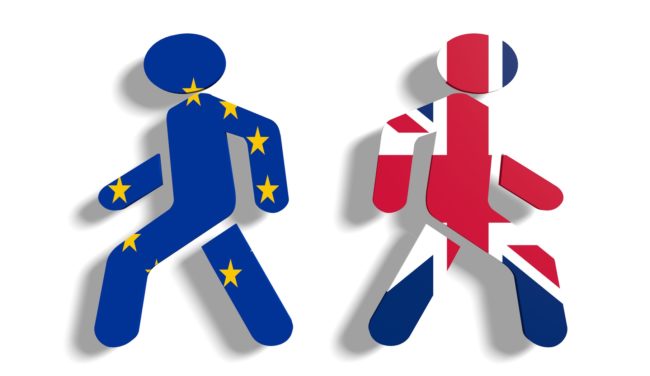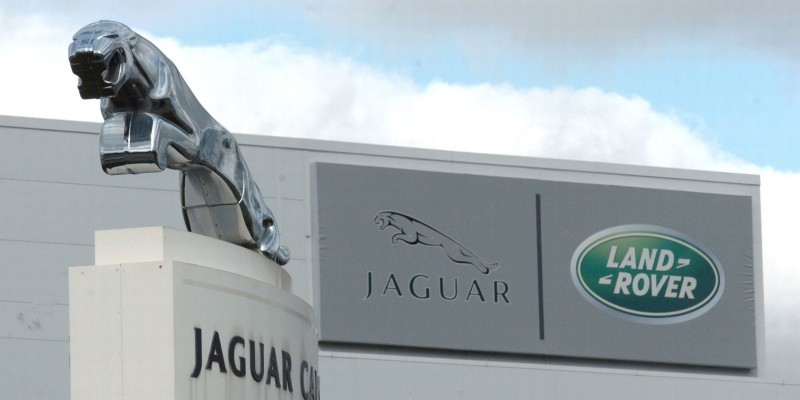
Hard Brexit could cost key UK business sectors £17bn in lost trade, new report claims
Global law firm Baker McKenzie says a default to World Trade Organisation rules could have a devastating effect on automotive, consumer products, healthcare and technology. Tony McDonough reports

A hard ‘no deal’ Brexit could cost the UK’s automotive, consumer products, healthcare and technology sectors £17bn in lost European sales, a new report claims.
Global law firm Baker McKenzie says a default to World Trade Organisation rules could have a devastating effect on all four sectors.
Its research, carried out in association with consultancy Oxford Economics, the loss in trade due to the imposition of tariffs would be equivalent to 20% of worldwide exports.
The report is particularly worrying for the Liverpool city region where thousands of people are employed in the automotive sector.
Jaguar Land Rover in Halewood employs around 4,500 people and Vauxhall in Ellesmere Port another 2,000 – this is all well as many many more in the wider regional supply chain.
Consumer giant Unilever also has a major manufacturing and research and development base in Wirral as well as a technical R&D centre in Liverpool.
Those in favour of Brexit say it is as much in the EU’s interests to strike a deal with a the UK as it is the other way around but the Baker McKenzie claims this is overstated.
Trade partner Ross Denton told the Sunday Times: “We have heard a lot about how much Europe exports to the UK – for example in the automotive sector.
“But the EU exports a lot more broadly to a whole host of other markets and consequently it is far less dependent on the UK.”
The research claims the loss in the automotive sector alone would be as much as £5.2bn due to how tightly interwoven EU supply chains are.
At the Ellesmere Port car plant, for example, where the Astra model is assembled, around 70% of the parts and components used in production are brought in from EU-based suppliers.
Any imposition of tariffs on those parts could impact the viability of the factory once it sits outside the single market and customs union.
